Hi, what’s up?
I know a guy with ZERO social anxiety.
I think it’s because he lives a yogi lifestyle where he meditates several hours per day. (Meditation lowers anxiety.)
Without anxiety, he must have an amazing social life, right?
Wrong. He’s a living proof that social anxiety has a purpose.
The purpose of social anxiety is this, according to science:
The function of social anxiety is to increase arousal and attention to social interactions, inhibit unwanted social behavior, and motivate preparation for future social situations. (ref.)
In other words, we don’t want to eradicate our social anxiety, because it has 3 important functions when we have it in the right amount:
- It helps us stay attentive and interested socially
- It helps us avoid negative social behavior
- It motivates us to prepare so we can perform better socially (like learning about conversation skills)
Almost everyone experiences social anxiety, and it’s as normal as being tired or hungry. And just like tiredness or hunger, we run into trouble if we can’t feel it.
So, how does this zero anxiety guy run into trouble?
For example, his friend once told him “You reek of sweat. You should take a shower”. He replied, with his calm yogi smile: “That’s OK”. He’s a wonderful person, but a small dose of social anxiety would help him socially.
If we don’t experience any social anxiety, we just don’t care about what others think.
Too much social anxiety causes us to obsess about what others think. But a normal level of social anxiety makes us pay attention to what others think. That helps us succeed socially.
Lesson learned: Usually when I felt anxious, I thought there was something wrong with me. But anxiety is something everyone feels to a certain degree. Realizing that helped me feel more “normal”. If we learn to manage our anxiety, we can even turn it to our advantage.
What’s your experience with social anxiety? Has it ever helped you? Share your thoughts and join the discussion in the comments below.
Ref:
Franklin R Schneier, Carlos Blanco, Smita X Antia, Michael R Liebowitz, The social anxiety spectrum, Psychiatric Clinics of North America, Volume 25, Issue 4, 2002, Pages 757-774
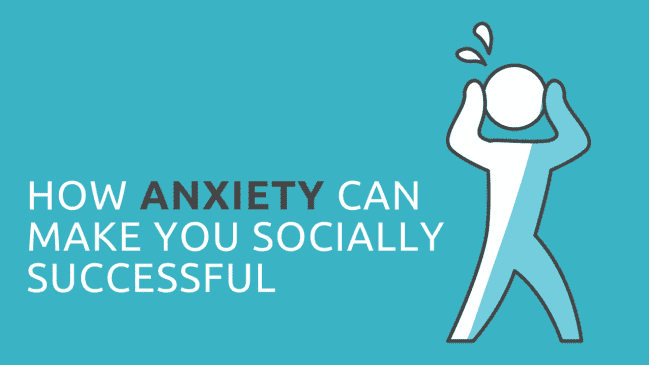
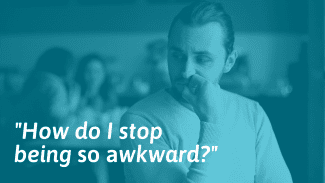



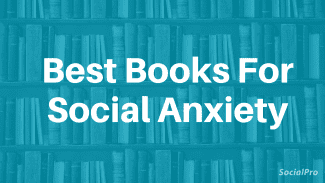
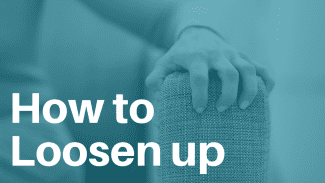
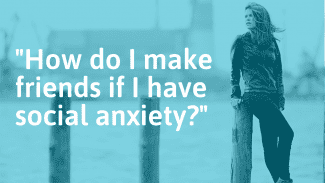
Yup, there’s definitely a nice middle ground. In fact for a complex task like socializing, the Yanes Dodson Law does a great job generalizing the issue.
https://en.m.wikipedia.org/wiki/Yerkes%E2%80%93Dodson_law
Too much or too little arousal results in decreased performance for complex tasks. I’d imagine this optimal performance varies by culture and atmosphere.
Extremely interesting Justin, according to that law socializing should probably perform best at a rather low degree of anxiety because of its complexity, but still not good at 0. Then there are other problems connected with 0 anxiety, like narcissism, psychopathy and aggression.
When you don’t want to invite the whole family to your birthday, because then you will be the center of attention. But it’s still expected from you. Then it can be a good social anxiety.
In what way do you think it can be good in that situation? I’m not quite sure what you mean. Avoidant behavior is generally counter-productive, but you may be talking about something else. 🙂
Oh, I can explain that! The social anxiety comes before the invite. And in my family, we hug a lot. Hugging reduces stress hormone. Then it becomes a positive experience from social anxiety so you can develop more in other social situations as well.